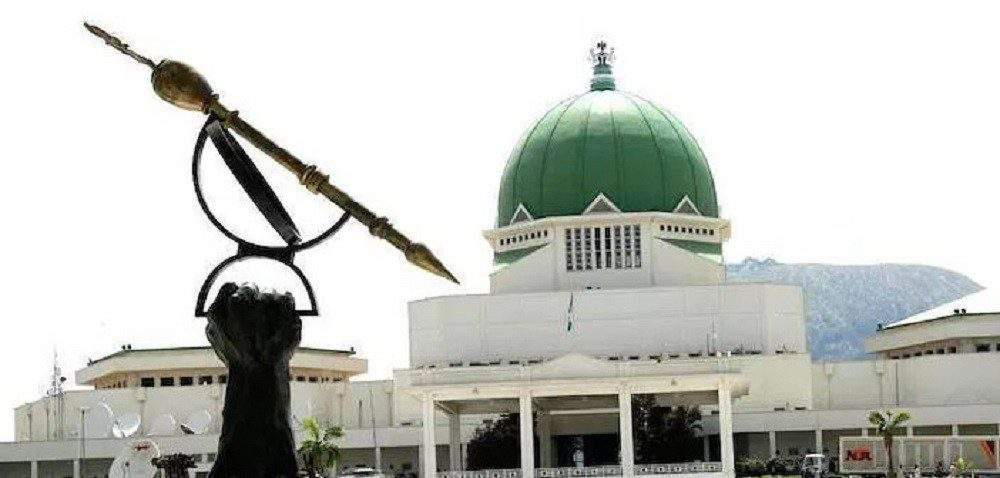The Centre for Transparency Advocacy (CTA) has called on the National Assembly to prioritize the passage of the Electoral Offences Commission Bill to enable the prosecution of individuals involved in electoral misconduct. Faith Nwadishi, the Executive Director of CTA, made this appeal during the launch of the 2023 report on the general elections, a perception study on citizens’ understanding of INEC’s mandate, and a compendium on the 2019 general elections and off-season elections from 2019 to 2022 in Abuja.
According to Nwadishi, the reports presented provide concise insights into electoral issues and address frequently asked questions by citizens and stakeholders. She emphasized the importance of establishing an electoral offences commission, stating that relying solely on the Independent National Electoral Commission (INEC) for prosecution is not sufficient. Nwadishi questioned the effectiveness of INEC’s collaboration with agencies such as the EFCC and ICPC in combating electoral crimes.
Nwadishi believes that the establishment of an electoral offences commission will significantly contribute to electoral reform in Nigeria. She stated that a dedicated commission responsible for prosecuting political offenders and handling high-profile cases would serve as a deterrent and lead to improvements in the electoral process. Additionally, Nwadishi called for a review of the Electoral Act, particularly in relation to the appointment of electoral officers, as past elections have seen partisan appointments impacting the integrity of the process.
In terms of voter education, Nwadishi advocated for empowering the National Orientation Agency (NOA) to enhance civic education. While the Electoral Act assigns voter and civic education to INEC, Nwadishi highlighted the role of the NOA in promoting civic education and stressed the need for synergy between the two institutions.
Prof. Kola Olusanya from Osun State University acknowledged concerns about electoral fraud and voter suppression during the 2023 campaigns and polls. However, he noted that Nigerian elections have experienced significant improvements over the years in terms of transparency, credibility, and inclusivity.
The call for the National Assembly to prioritize the Electoral Offences Commission Bill aligns with efforts to strengthen Nigeria’s electoral system, enhance prosecution of electoral offenders, and improve voter education. As stakeholders work towards comprehensive electoral reform, the establishment of an electoral offences commission can help preserve the integrity of elections and foster citizens’ trust in the electoral process.
